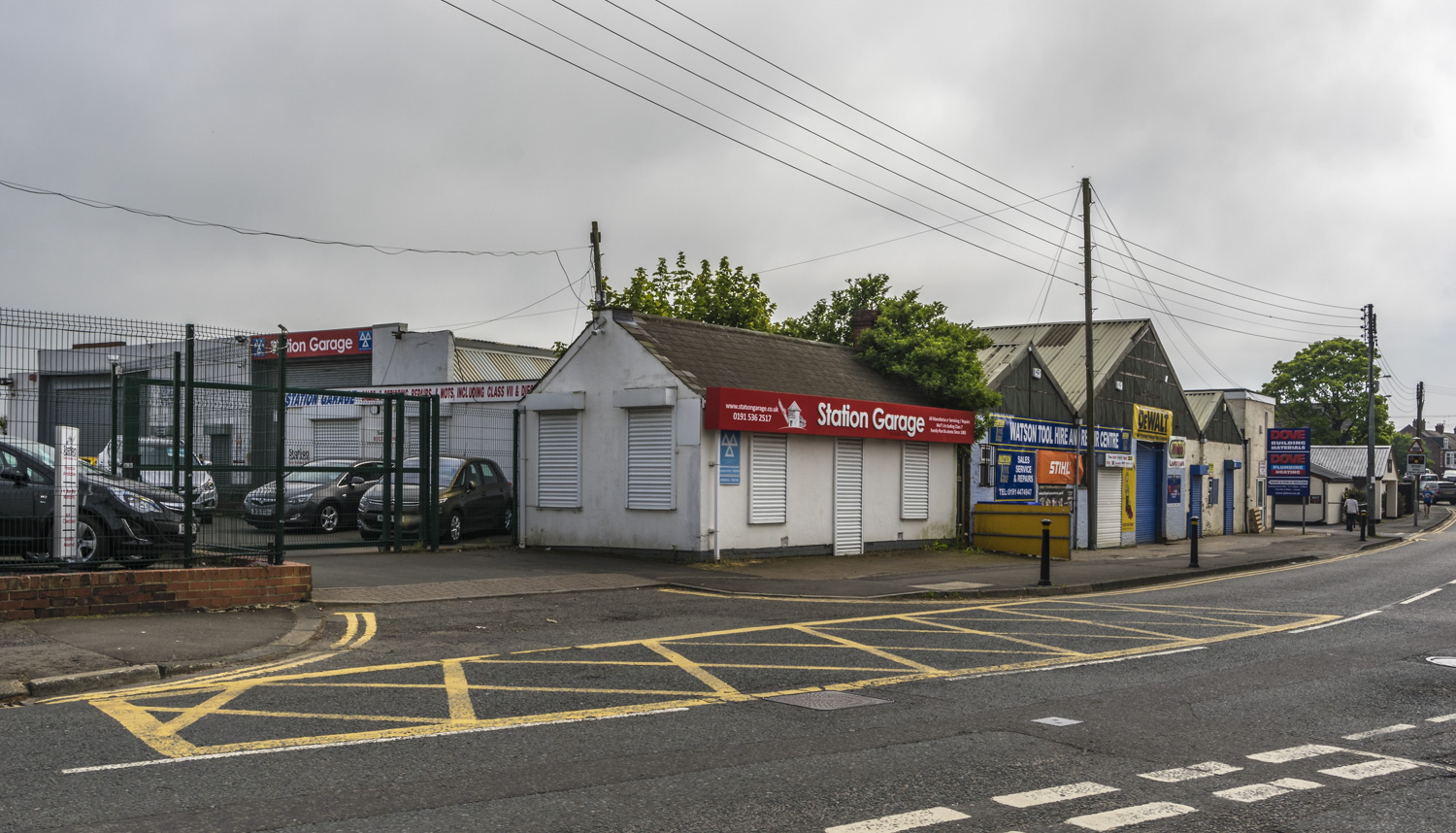Development proposals that support the creation or protection of jobs and the sustainable development and economic growth of the neighbourhood plan area will be supported where it:
a. Can be achieved without significant impact on the built and natural environment, highway safety and residential amenity;
b. Is an appropriate scale and the use does not conflict with that of neighbouring occupiers;
c. Provides opportunities to be accessed by sustainable transport, where appropriate; and
d. Includes appropriate levels of car and cycle parking.
Where the above criteria can be met, particular support will be given to:
e. Small-scale windfall employment development proposals adjacent to existing employment development, provided that they are not allocated for other uses; and
f. Business proposals seeking to occupy small sites or buildings within residential or other built-up areas, provided that they are not allocated for other uses or are otherwise protected.
The economy of the plan area was initially focused on agriculture. The opening of Cleadon Lane station in 1839 changed the nature of the village to that of a commuter settlement, with some new railway related businesses. With new residential development came retail and services development, however the largest level of employment development resulted from the development of the Cleadon Lane Industrial Estate.
The evidence work supporting the emerging South Tyneside Local Plan highlights that there is a strong demand for employment land and premises within the Boldon sub area, which includes the plan area.
As part of the preparation of the plan, the Forum sent a survey to all businesses and voluntary groups operating across the plan area3. Key issues that were identified from responses received were:
– The importance of local customers to supporting the businesses within the plan area;
– Local businesses are well established, with 12 established in the 1960s or earlier;
– Most businesses identified that their businesses have grown over recent years;
– Businesses want to remain in the plan area and many want to expand;
– The importance of the character of the area;
– Traffic congestion, parking and transport links were identified as threats to business growth;
– Concerns were identified regarding the loss of employment land to housing; and
– New development was considered by some as an opportunity to expand their customer base.
Policy EB8 therefore seeks to support development proposals that result in the creation or protection of jobs and the sustainable economic growth of the plan area whilst not having an adverse impact on the built and natural environment and the amenity of occupiers of neighbouring properties, assisting with the delivery of plan objectives 1, 2, 3, 4 and 6.
